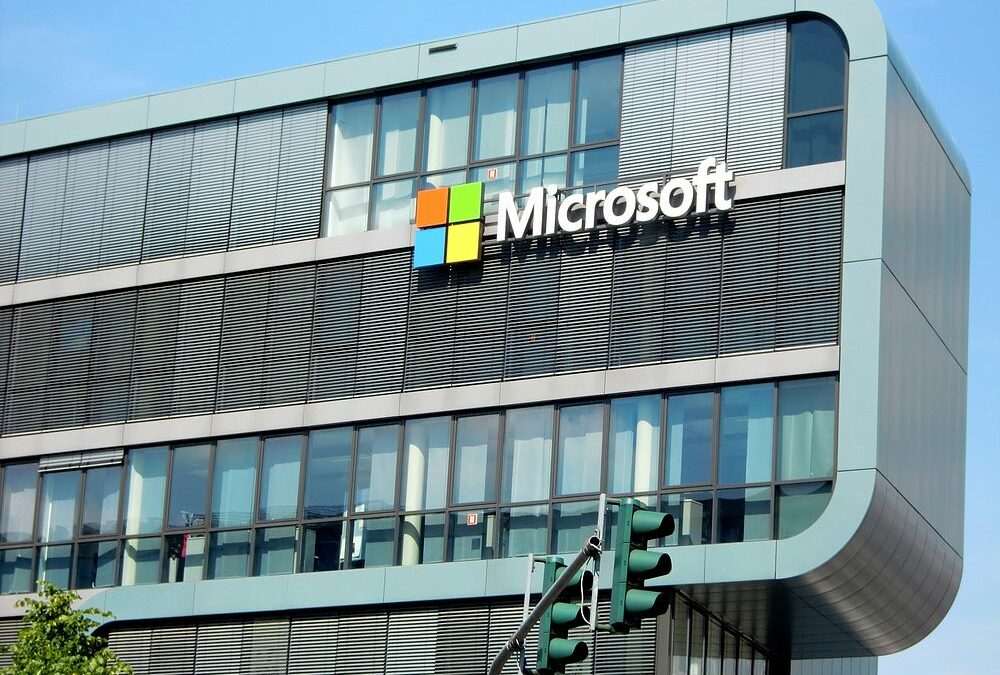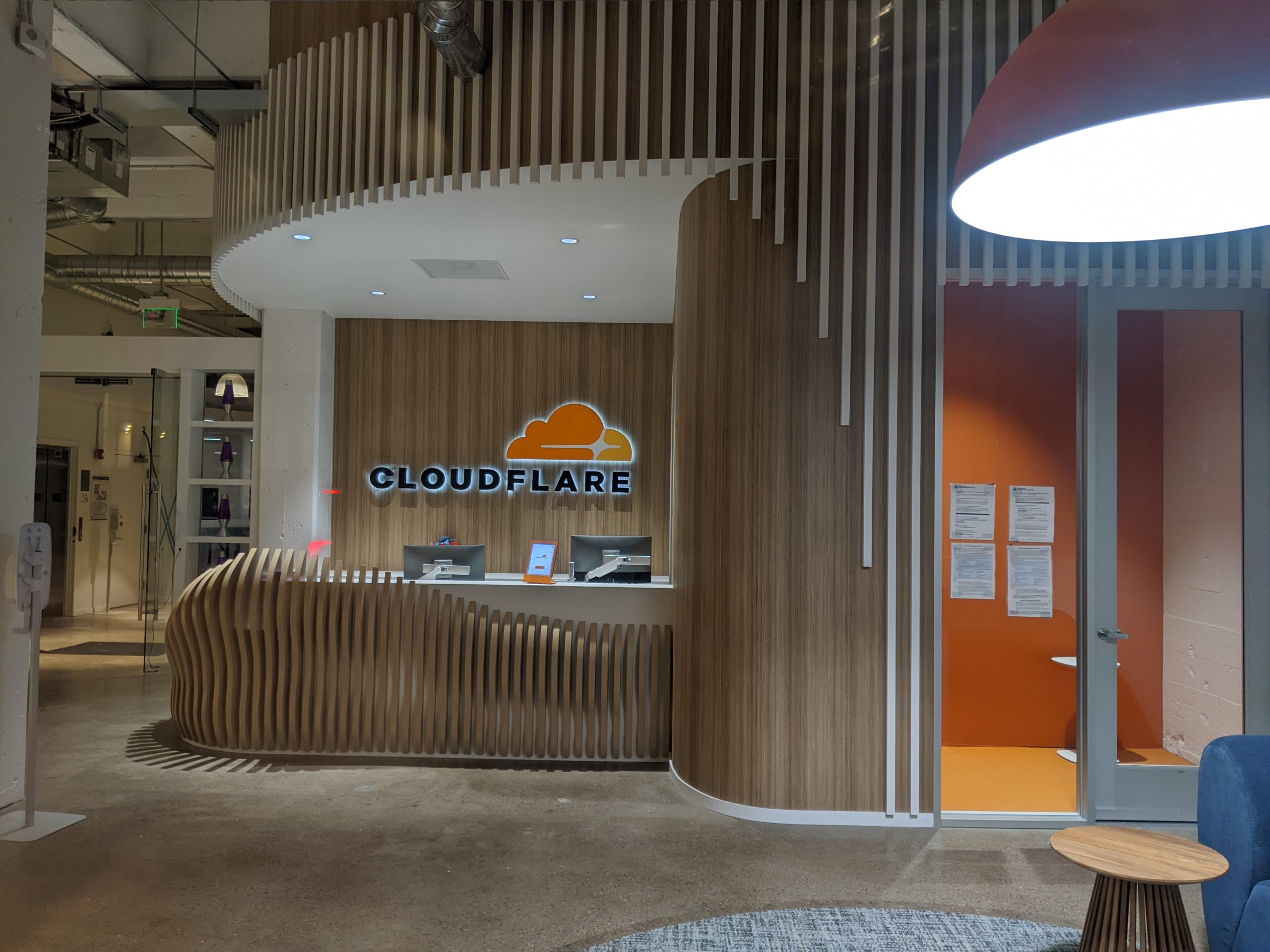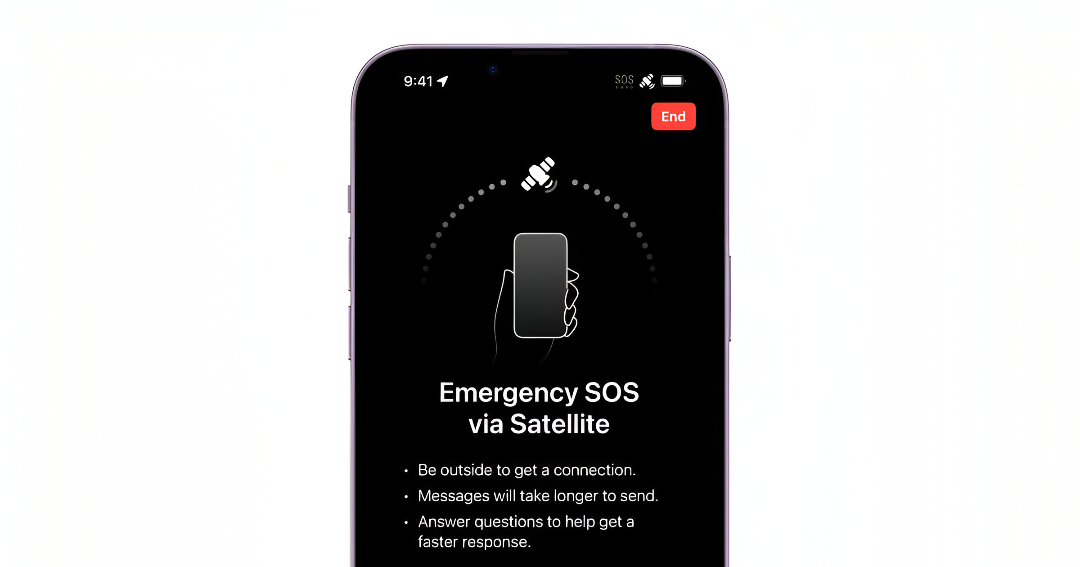The subscription economy just hit a major speed bump. The Federal Trade Commission has thrown down the gauntlet against Uber, accusing the transportation giant of deploying user interfaces that make signing up for—and especially leaving—its subscription service unnecessarily difficult. Filed on April 21, the lawsuit aims at practices that allegedly enrolled users in the $9.99 monthly Uber One service without proper consent and then kept them there through what the FTC describes as an extremely challenging cancellation process.
Remember the last time you accidentally hit “agree” instead of “no thanks” on a pop-up? According to the FTC’s complaint, Uber’s tactics went several steps beyond that innocent mistake. The agency claims Uber concealed critical subscription details using “small, greyed out text which consumers can easily miss”—similar to how everyone skips those lengthy terms of service agreements before installing a new app.
Hidden Costs and Complex Cancellations
The promised $25 monthly savings dangled before users came with significant fine print. According to the FTC, these savings materialized only after paying the $9.99 monthly fee, a detail allegedly obscured by Uber’s interface design. For tech-savvy readers who’ve watched subscription models evolve from simpler times to the current ecosystem of micro-subscriptions for everything, this case represents a potential inflection point in how such services are marketed.
Back in the early days of subscription services, cancellation typically required nothing more than a couple of clicks. Fast forward to 2025, and the process has apparently grown considerably more complex in some cases. The FTC claims that canceling an Uber One subscription could require navigating up to 23 screens and performing as many as 32 actions—a familiar frustration for anyone who’s ever searched a website for a customer service number that doesn’t seem to exist.
Official Responses and Allegations
“Americans are tired of getting signed up for unwanted subscriptions that seem impossible to cancel,” stated FTC Chairman Andrew Ferguson, who might as well have been speaking for every person who’s ever discovered mysterious recurring charges on their credit card statement.
One particularly concerning allegation from the FTC complaint describes charges appearing for users who claim they never had an Uber account at all. The complaint also states that some customers were charged before their free trial period ended, while others reported being billed for another subscription cycle after requesting cancellation.
Competing Perspectives and Broader Implications
Uber, for its part, isn’t accepting these allegations without a fight. Company spokesperson Noah Edwardsen rejected the FTC’s characterization, stating their sign-up and cancellation processes are “clear, simple, and follow the letter and spirit of the law.” Uber claims that cancellations can be done in-app and take most people 20 seconds or less. The contrast between these perspectives showcases the gap between how companies view their interfaces versus how some users experience them.
This legal showdown arrives at a crucial moment when subscription fatigue has many consumers rethinking their digital commitments. For anyone who’s spent a Sunday afternoon auditing their bank statement only to discover they’re still paying for services they barely use, this case represents more than just regulatory action—it’s validation of a common frustration.
Legal Context and Service Details
According to the FTC Uber complaint, Uber allegedly violated both the FTC Act and the Restore Online Shoppers’ Confidence Act (ROSCA). The agency is seeking a permanent injunction to prevent these practices and monetary relief for affected consumers. As this case progresses through the courts, its implications could extend beyond ridesharing to impact how subscription services across various industries—from streaming to meal kits to software—design their enrollment and cancellation processes.
The dispute centers around Uber One, which launched in 2021 and had reached approximately 30 million subscribers by December 2024. The subscription offers benefits including fee-free delivery and discounts on eligible ride bookings, delivery, and pickup orders.





























